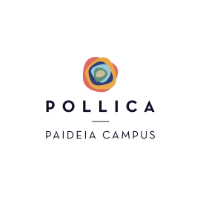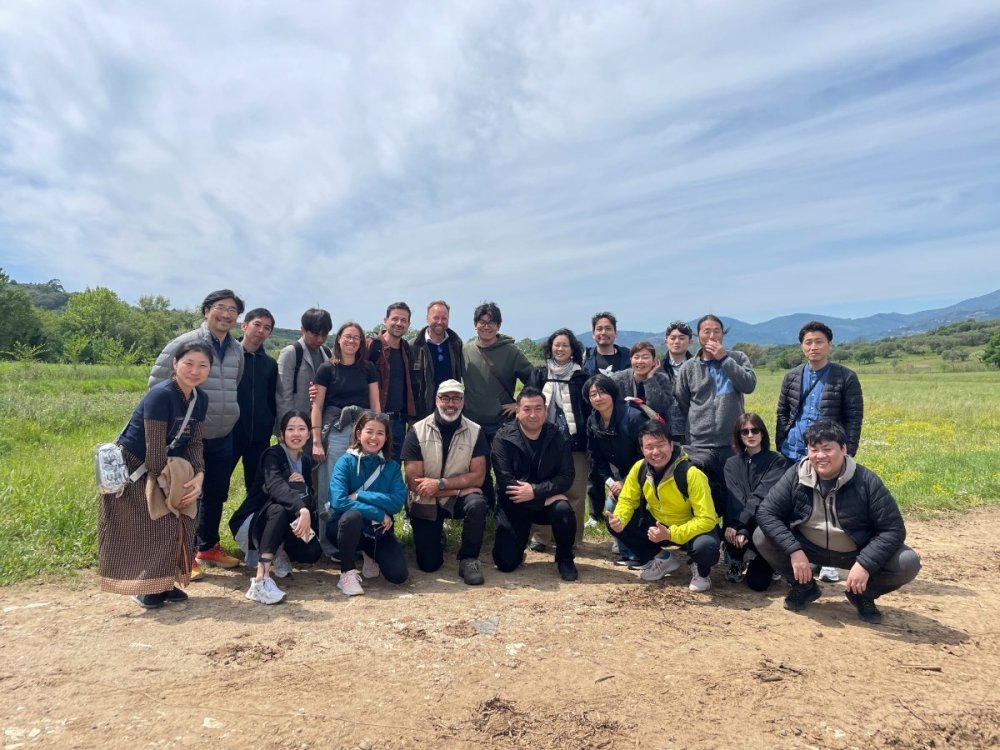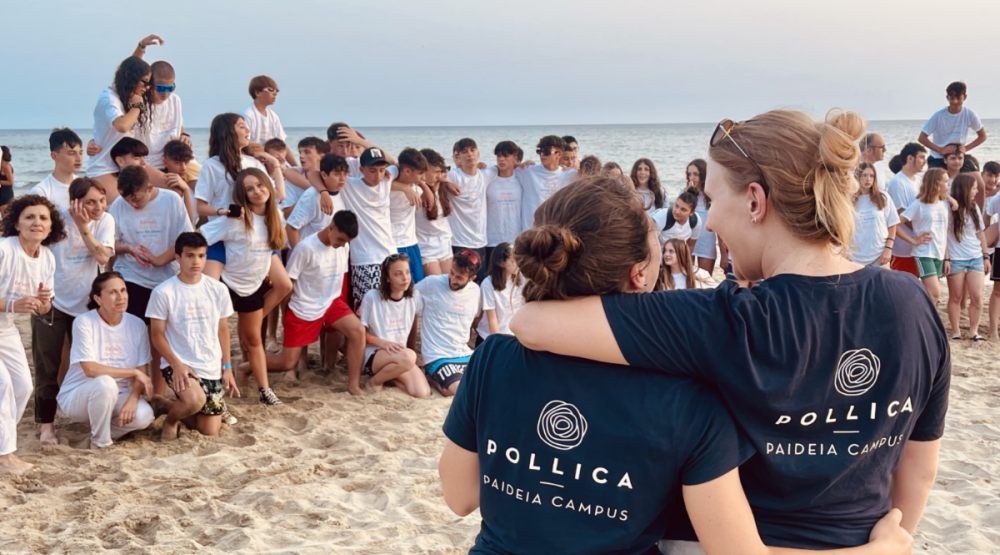Stories from the lab
Capacity Building: RegenerAction Study Tour
The RegenerAction Study Tour, organized by the Future Food Institute, brought together a diverse group of Japanese professionals from sectors like innovation, the food industry, real estate, and consulting. Participants included representatives from esteemed organizations such as WIRED Japan, Tokyo Tatemono, Sigmaxyz, Unlocx, and S&B. A key focus of the tour was the exploration of Pollica's model, developed during the Cities2030 project, with the aim of adapting and implementing it in Japan to suit local characteristics. Throughout the tour, held in places like Bologna, Montepaldi, and Pollica—a vital living lab for Cities2030—participants engaged in intensive work sessions to study the Cities2030 model and discuss how to customize it for Japan. This collaborative approach across different sectors and perspectives aimed to create an actionable plan for integrating regenerative agriculture and slow tourism practices observed in Cilento into Japanese contexts. This enriched the participants' understanding and fostered a commitment to sustainability and cultural authenticity.
Capacity Building: Pollica English Club
The English course in Pollica is an initiative aimed at improving the language skills of the local community, with a focus on the tourism sector.
A significant portion of the course is dedicated to the study of 'Useful Vocabulary in the Tourism Industry and Local Food Culture'. This specialized approach ensures that participants acquire specific terminologies and expressions relevant to their professional and cultural environments.
The course is offered given the importance of English in a global context. It enables citizens to acquire skills.
For more details, you can visit our website.
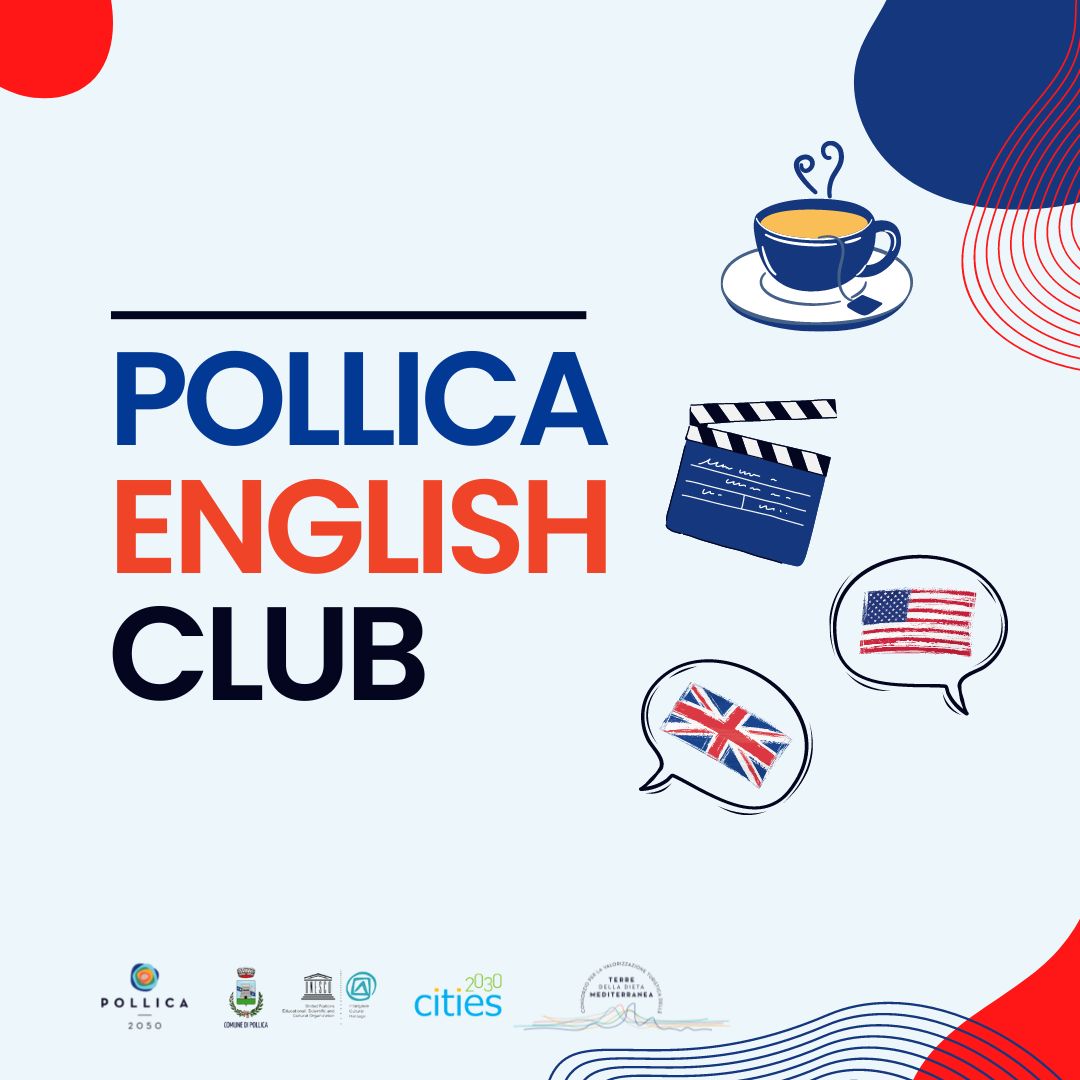
Lab Activity: Summer Camp - TRED High School
Paideia Campus hosted three weeks of summer camp in May and June 2023. Summer Camp is a 6-day immersive program at the Paideia Campus.
The Summer Camp involved students from "Tred," a four-year ecological and digital transition program that combines traditional high school with a hands-on approach to STEM subjects.
Students were divided into teams named "Green," "Regenerative," "Mediterranean," and "Circular," and each team had the opportunity to actively participate in activities related to regenerative agriculture, conservation of bio-cultural diversity, traditional ecological knowledge, and sustainable local food systems. Students also participated in a 24-hour hackathon to find a solution to a challenge specific to each team.
For further insight, please watch this video.
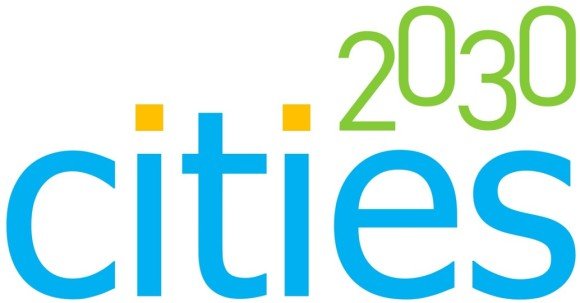
.jpeg.d6c78a680a91b987a93a6721d4557e0a.jpeg)
